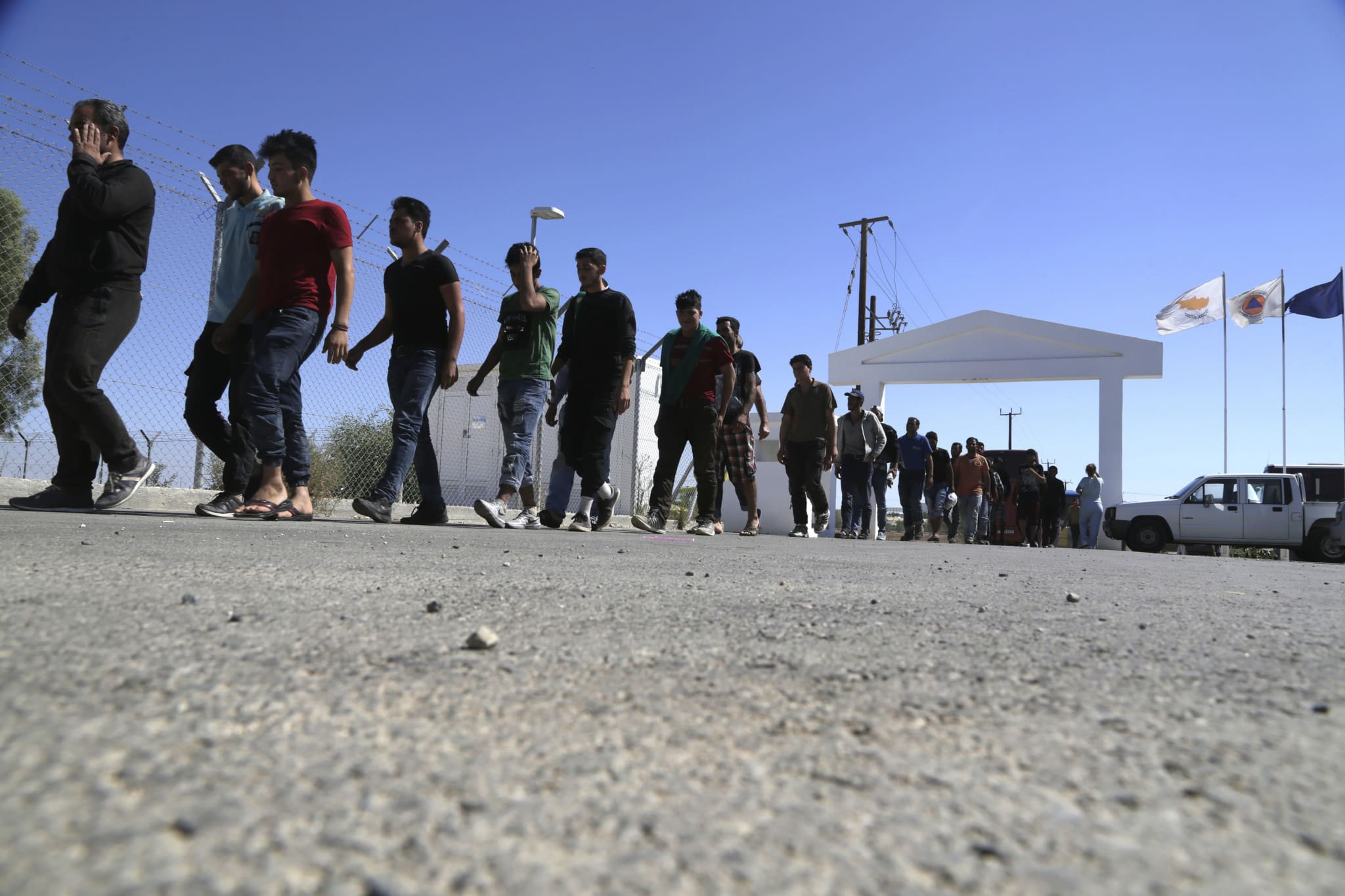Cyprus has renewed its calls for the European Union to declare parts of Syria safe for repatriation to ease the migrant crisis enveloping the Mediterranean island.
Interior Minister Constantinos Ioannou told Reuters that the Cypriot foreign ministry was planning to raise the matter with the European Commission in the coming days as Nicosia seeks to ease the burden of a rising asylum population in the new year.
“Starting a discussion to re-evaluate the issue of Syria is crucial for us,” Ioannou told the news agency.
“We have five times more migrants than any other frontline member state,” he added, the largest cohort of which originate from Syria.
Asylum seekers attempt to reach Cyprus via two primary methods — either by boat across the Mediterranean or by crossing on land to Turkey and entering Turkish-occupied northern Cyprus before being smuggled through the demilitarized buffer zone into the internationally recognized south of the island largely populated by Greek Cypriots.
[pp id=71151]
At the UN’s Global Refugee Forum in Switzerland this week, Ioannou noted that asylum seekers now amount to 5 percent of the Cypriot population, over three times the EU average of 1.5 percent.
“This surge in asylum applications places significant strain on the country’s infrastructure and reception system,” Ioannou said.
While reaffirming Nicosia’s commitment to continue helping those who need it, and highlighting the government’s work in upgrading its asylum facilities, Ioannou expressed his desire for Brussels to help ease the burden on the closest EU territory to the Middle East.
He praised Lebanon, which he said had helped to intercept “a lot” of fishing boats departing from Syria to the island — a trip of around 180 kilometers that typically takes approximately 20 hours depending on sailing conditions.
One proposal the Cypriot government intends to put forward is the idea of “safe zones,” where asylum seekers could be processed at offshore centers located outside the European Union. Such plans have already been initiated by individual member states including Italy with Albania and Denmark with Rwanda, though no agreement is fully operational as of yet.






